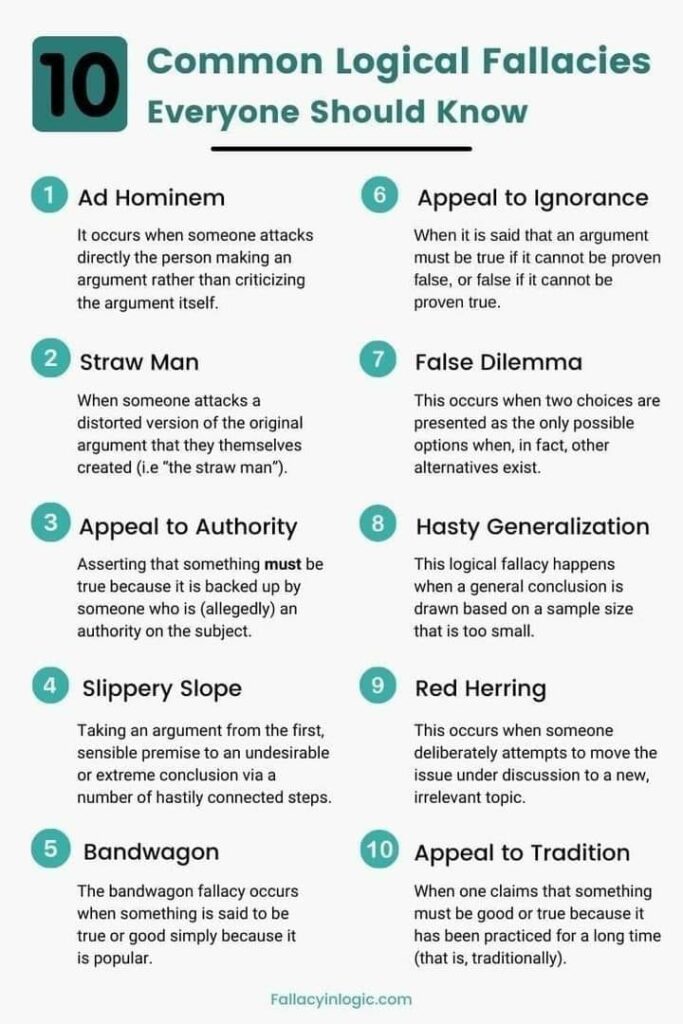To shift society away from heads down worshipping the #deathcult to lifting our heads towards simple sustainable, open, and cooperative change and challenge we need. To push this change information alone is insufficient; instead, we need to focus on fundamentally transforming lifestyles, habits, and world-views, the change, requires more than just intellectual understanding—it requires emotional engagement, experience, and sometimes, unfortunately, the pain that comes from learning the hard way.
The challenge, short-term vs. long-term thinking, is a barrier of our collective prioritizing short-term comfort and stability over long-term solutions. This mentality impedes the adoption of generational, sustainable approaches that address the deeper systemic issues we face. With the shrinkage of comfy spaces, the “comfy majority” could, paradoxically, be motivated for serious change. As the pressures mounts, the #mainstreaming can become more receptive to alternative paths.
There is an obverse need for this paradigm shift, beyond patching, fundamental rethinking of how we organize society, economy, and technology. To a focus more on inclusive and open principles like 4opens and #OMN. The #4opens (open data, open source, open standards, and open processes) and the OMN (Open Media Network) represent a path for inclusive, decentralized, and transparent native networks. An easy path to take, as these concepts are already at the core of the open-source movement, which powers much of the digital world.
To take this path, we need to emphasize avoiding exclusionary and rivalrous practices, advocating for a more healthy balance of cooperation over competition. This requires finding common ground and shared interests across the current social mess, to take us on the path for building resilient, cooperative networks. There is a strong role for narrative, exemplified by the hashtags’ story. A shared narrative, organized around common radical hashtags, can be used to build unify diverse groups and drive change. This story needs to be grounded to avoid becoming just another layer of noise in the current “mess.” the path needs to make #mainstreaming uncomfortable, by making these narratives “dirty” and uncomfortable, the aim is to highlight the flaws in current systems and make alternatives more visible and attractive.
This path need to balance the political and practical. An example of this is that while recognizing the importance of the #PGA (People’s Global Action) hallmarks—anti-capitalist, anti-patriarchal, anti-authoritarian principles—these need to be introduced slowly into projects, given their strong anarchist roots and thus political nature. This balance between pushing practical solutions and maintaining a political critique is crucial. With this in mind, we need to keep definitions loose to hold pathways flexible, thus acknowledging that society is inherently messy and that a rigid approach is unlikely to succeed. This flexibility allows for a mix of passion, diversity, and common sense to guide the evolution of new paradigms.
Practical steps and considerations are core to cultivating emotional engagement. Since information alone isn’t enough, we need to focus on creating experiences, stories, and communities that engage people emotionally. This could involve storytelling, art, technology and activism with meany forms of expression that make the new paradigm not just intellectually appealing but also emotionally resonant.
There are meany paths to do this, examples would be working on concrete projects that embody the #4opens principles, like #OGB #OMN #makeinghistory and #indymediaback. By demonstrating that these alternatives are not only viable but also superior paths in aspects, we can build early adopters and gradually build momentum. This will foster trust and cooperation, this trust is a critical ingredient for the kind of decentralized, cooperative systems we need to make happen. This path needs to focus on building networks where trust is cultivated through transparency, accountability, and shared values. Yes, there will be mess, this is normal, but let’s keep our focus on the #KISS path.
Ideas please for how to build communities around this path. The approach is addressing the deep-rooted issues of our current economic and social mess in a thoughtful and multi-faceted way. By pushing for open, cooperative, and emotionally resonant alternatives, we can try to lay the groundwork for a shift to more sustainable and equitable societies. The challenge is immense, practical actions with a compelling narrative, and remaining adaptable and inclusive paths, there is potential to change and challenge for meaningful change.


